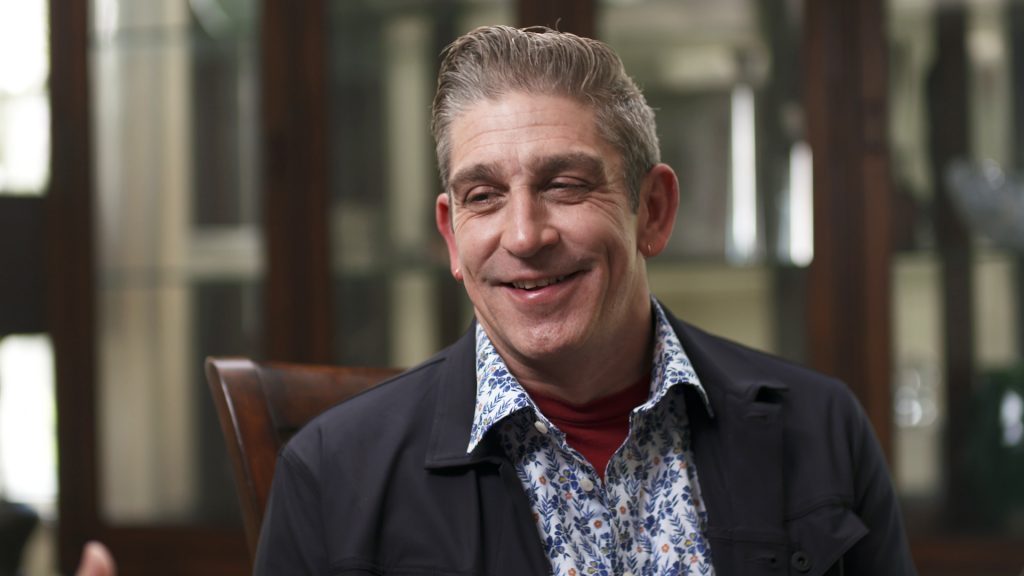On the Power of Writing Poetry: A PBS Books Discussion with Richard Blanco

By Ollie Marinaccio
Why do poets write poetry? It is not an easy question to address, and yet it seems necessary when delving into a poem which treads the fraught autobiographical line between history and fiction. Richard Blanco is a poet who, when reflecting on his past, displays both his inimitable uniqueness and the universality of his experiences. In Season 3, we highlighted this bifurcation in an episode focusing on Blanco’s poem Looking for The Gulf Motel. Honoring the Floridian waterfront institutions and the melange of irreplaceable vistas of family vacation, the poem poses questions about the beauty and sadness of revisiting one’s past.
Watch the episode/trailer.To discuss this and the poem’s other themes, Elisa New joined Blanco for a virtual event with PBS Books, hosted by Heather-Marie Montilla— part of a longstanding collaboration which creates poetry content for libraries and their constituents across the U.S. In the conversation—held on Thursday, October 6th to celebrate Hispanic Heritage Month—Blanco discussed his journey with the poem, noting that he wrote Looking for The Gulf Motel “not just to document… but also to understand where [he] came from.”

Beyond the episode on PBS, Poetry in America has collaborated with Amplify Education on a popular free lesson on Looking for The Gulf Motel. (Professor New notes that this lesson is one on which many Middle School teachers who use Amplify ELA curricula in the classroom choose to focus). It is no surprise that this is the case, given the poems broad nostalgic appeal—its “loaves of Cuban bread,” “teal swimsuit,” or his father’s “glass of amber whiskey”—evoking childhood’s joys, coupled with Blanco’s exploration of the literal loss of his youth – The Gulf Motel having been demolished, as he repeats throughout the poem: “There should be nothing here I don’t remember…”
Though Blanco writes his own story in this poem, one of his Cuban-American family, he also highlights universal dynamics. Fighting with a sibling, the way distances seem vast to a child, and, as New points out, the way that “every child from every culture… is embarrassed by their parents.” In the duality of specificity and generality it achieves, Looking for The Gulf Motel truly reveals its strength. By the end of the poem, there is a sense that this memory of Blanco’s is ours, too.
Which is not to discount the personal, almost private, nature of the work. Blanco makes clear the parts of writing that are truly for himself. Writing Gulf Motel, in particular, was a personal exercise in revisiting his youth and his parents’ younger days. Blanco expresses that “by putting [his parents’] stories in the world, there is a kind of healing.” He, New, and Montilla discuss poetry’s capability to facilitate this self-reflection, and its power as an instigator for dialogue. In this way Blanco gives listeners one answer to why poets write: to heal. His poetry, then, does something spectacular: it heals him while making space for readers to heal along with him.
